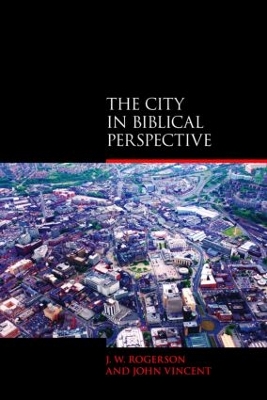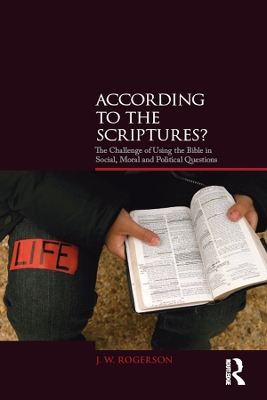Biblical Challenges in the Contemporary World
2 total works
The city is an ambiguous symbol in the Bible. The founder of the first city is the murderer, Cain. The city of Jerusalem is the place chosen by God, yet is also a place of wrong-doing and injustice. Jesus seems to have largely avoided cities except Jerusalem, where he was crucified. 'The City in Biblical Perspective' examines the archaeological and social background of the urban biblical world and explores the implications of the deliberate ambiguities in the biblical text. The book aims to deepen our understanding of both the biblical and the contemporary city by asking how the Bible's complex understanding of the city can illuminate our own ever more urban time.
If something is commanded in the Bible, the command must surely be obeyed if we are to be true to the Bible. This is what many people think, especially when they hear representatives of churches today arguing about moral issues. In fact, the matter is not as simple as this, and at various periods of history, churches have had quite differing views on how biblical commandments should be understood, and on whether they can be applied to their situations, if at all. The book falls into two sections. The first sketches the history of the use of the Bible in social, moral and political questions from the use of the Old Testament in the New Testament, to the present day. The second part looks at some case studies, including human and sexual relationships, life issues, attitudes to lawful authority, and the changing of interest.

